 Opinion
Opinion
Transitioning to national ownership : the case of Humanitarian Mine Action
07/23/2015Should eventual transition from internationally managed programmes to national ownership always be a relevant and/or realistic goal?
 Opinion
Opinion
Should eventual transition from internationally managed programmes to national ownership always be a relevant and/or realistic goal?
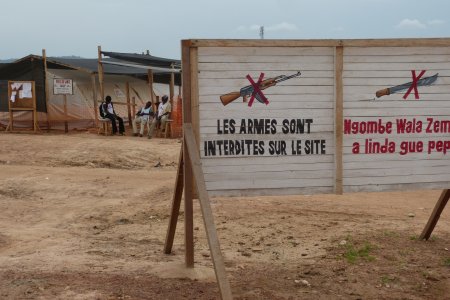 Samuel Hanryon
Opinion
Samuel Hanryon
Opinion
Is there anything fundamentally new in the security challenges faced by humanitarian organisations? When looking at the history of humanitarian assistance, as far back as the late 1800s, 'medical care' was operating under fire.
Humanitarian Affairs Advisor for the Canadian section of MSF, Clémentine Olivier reviews a recently published OCHA report 'Saving Lives Today and Tomorrow' (March 2014).
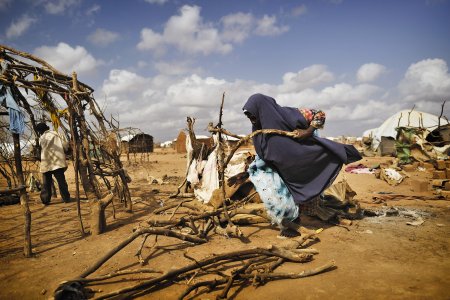 Lynsey Addario
Opinion
Lynsey Addario
Opinion
While MSF has just recently launched a report, 'Where is everyone?', aiming at exposing the limitations and deficiencies of the international aid response to crises, Bertrand Taithe (HCRI) asks whether the approach taken and the question asked are the right ones.
 Spencer Platt
Analysis
Spencer Platt
Analysis
We often hear it said within MSF that the aid system is unable to provide effective relief, or that the aid system's ability to provide aid is in decline. Rony Brauman and Michaël Neuman aim at exploring MSF's relationship with the aid system, while showing how the ambitions of the aid system itself have evolved.
 Cédric Gerbehaye
Opinion
Cédric Gerbehaye
Opinion
Claire Magone has just published a paper, in Humanitarian Exchange Magazine #60 focusing on gender-based violence (GBV) in humanitarian crises.
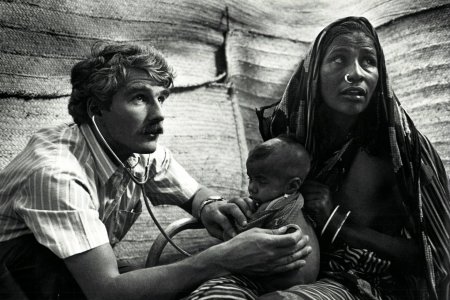 Sebastiao Salgado
Speaking Out Case Studies
Sebastiao Salgado
Speaking Out Case Studies
The "Famine and Forced Relocations in Ethiopia 1984-1986" case study is describing the difficulties and dilemmas met by MSF during the famine that decimated the Ethiopian population in 1984-1985.
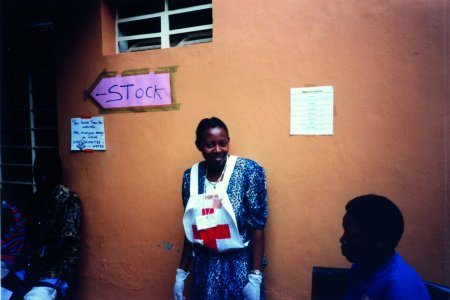 Xavier Lassalle
Analysis
Xavier Lassalle
Analysis
How do Médecins Sans Frontières (MSF) and the International Committee of the Red Cross (ICRC) differ, and how are they alike?
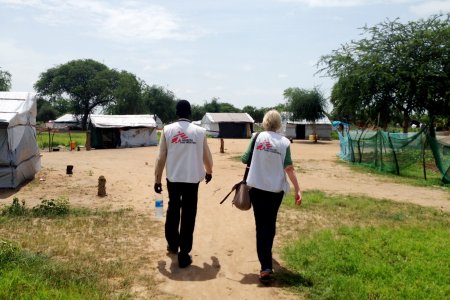 David Di Lorenzo
Video
David Di Lorenzo
Video
On the occasion of the 150th anniversary of the ICRC (1863-2013) and in light of the recently launched issue of the Review on "The future of humanitarian action", the Harvard Program on Humanitarian Policy and Conflict Research (HPCR) and the International Review of the Red Cross are pleased to co-host a Live Web Seminar on the topic: "Perspectives on the Future of Humanitarian Action"...
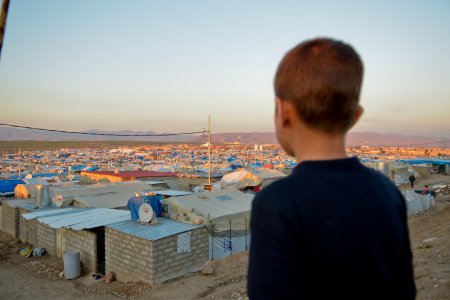 Pierre-Yves Bernard
Opinion
Pierre-Yves Bernard
Opinion
While European Union members are debating the lifting of arms embargo on Syria, populations living in opposition held territories continue to be severed from desperately needed humanitarian aid. Yet, there is a controversy among aid agencies on the best ways to scale up relief activities in Syria.
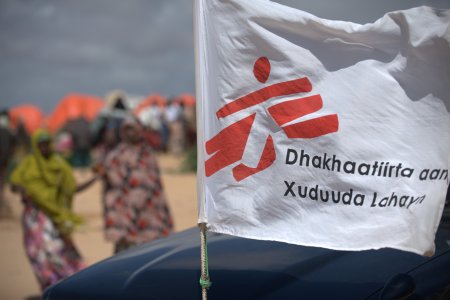 Yann Libessart
Opinion
Yann Libessart
Opinion
Discussions on the merits of remote control management of humanitarian projects have been particularly intense over the last few years. We are pleased to share this contribution published in Humanitarian Exchange Magazine by Joe Belliveau, the operational manager for Somalia in the Dutch section of our organisation.
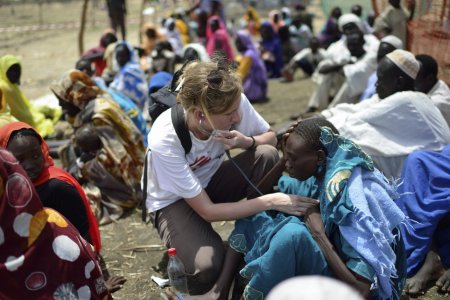 Shannon Jensen
Opinion
Shannon Jensen
Opinion
John Pringle suggests that MSF, when tackling economy-generated environmental disasters, should not hesitate to question the ‘forces that deny our patients the societal determinants of health'.